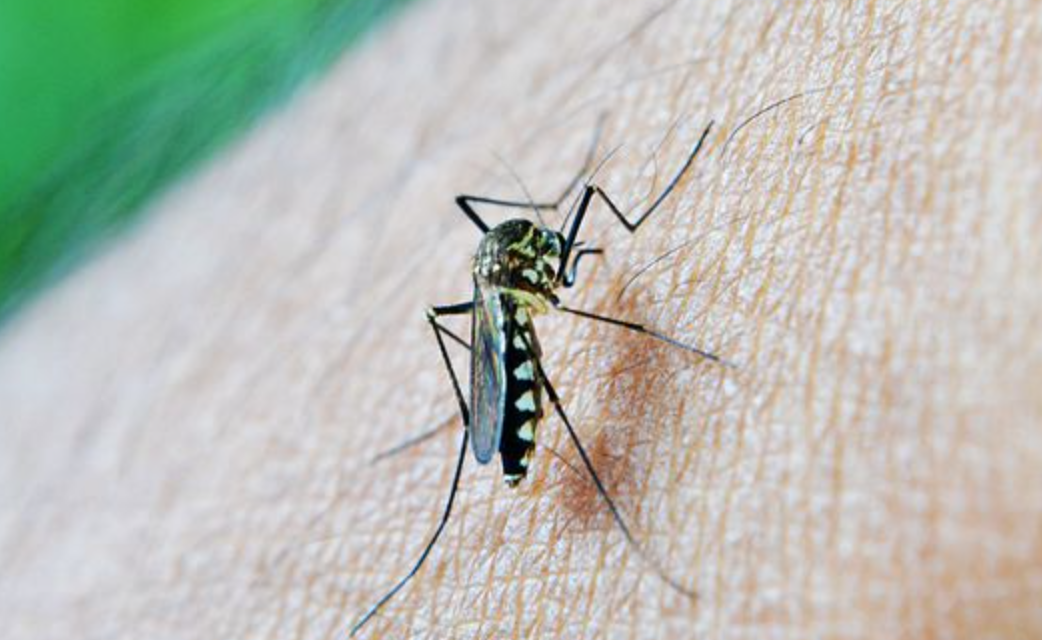It’s rare for the West Nile virus to be deadly, but health officials from the North Carolina Department of Health and Human Services (NCDHHS) have just announced the state’s first death in 2022 associated with the West Nile Virus.
In order to protect the privacy of the family, the state offered no other information regarding the deceased and added that none will be provided.
State officials also said that, with the rainy weather in the state due to Hurricane Ian, state residents should be on guard against mosquito breeding pools since those insects carry the virus.
So far, North Carolina health officials have identified nine cases of the West Nile Virus in 2022, with more potential cases now under investigation. With less than ten cases in a state of over 10 million people, no one should be too alarmed – but health officials still advise caution.
NC Public Health Entomologist Michael Doyle said the recent death from the virus should encourage people to take it seriously.
“This is a tragic reminder that these infections, though relatively rare, can be fatal,” Doyle said. “We see most cases of mosquito-borne illness in the months from August through October, so we urge residents to protect themselves from mosquito bites.”
According to the Centers for Disease Control and Prevention, most people who become infected with the virus experience either no symptoms or they get a mild, flu-like illness. Because of this, state health officials estimate that there are about 100 to 150 infections in the state that are currently undetected.
About 20 percent of people who are infected with the virus will develop a fever or other symptoms such as headaches, body aches, joint pains, vomiting, diarrhea or rashes. In about 1 percent of the cases, the West Nile Virus can cause more serious illness, including encephalitis, meningitis, meningoencephalitis and possibly even death.


I guess we should all stay indoors; and use the retail services to get what we need. Dr. tele-visits, etc. As long as we got our 3 hots and a cot, cell phone, internet & streaming, computers, heat & a/c; we will be happy and not afraid. Oh, and all this stuff should be provided free by BB.